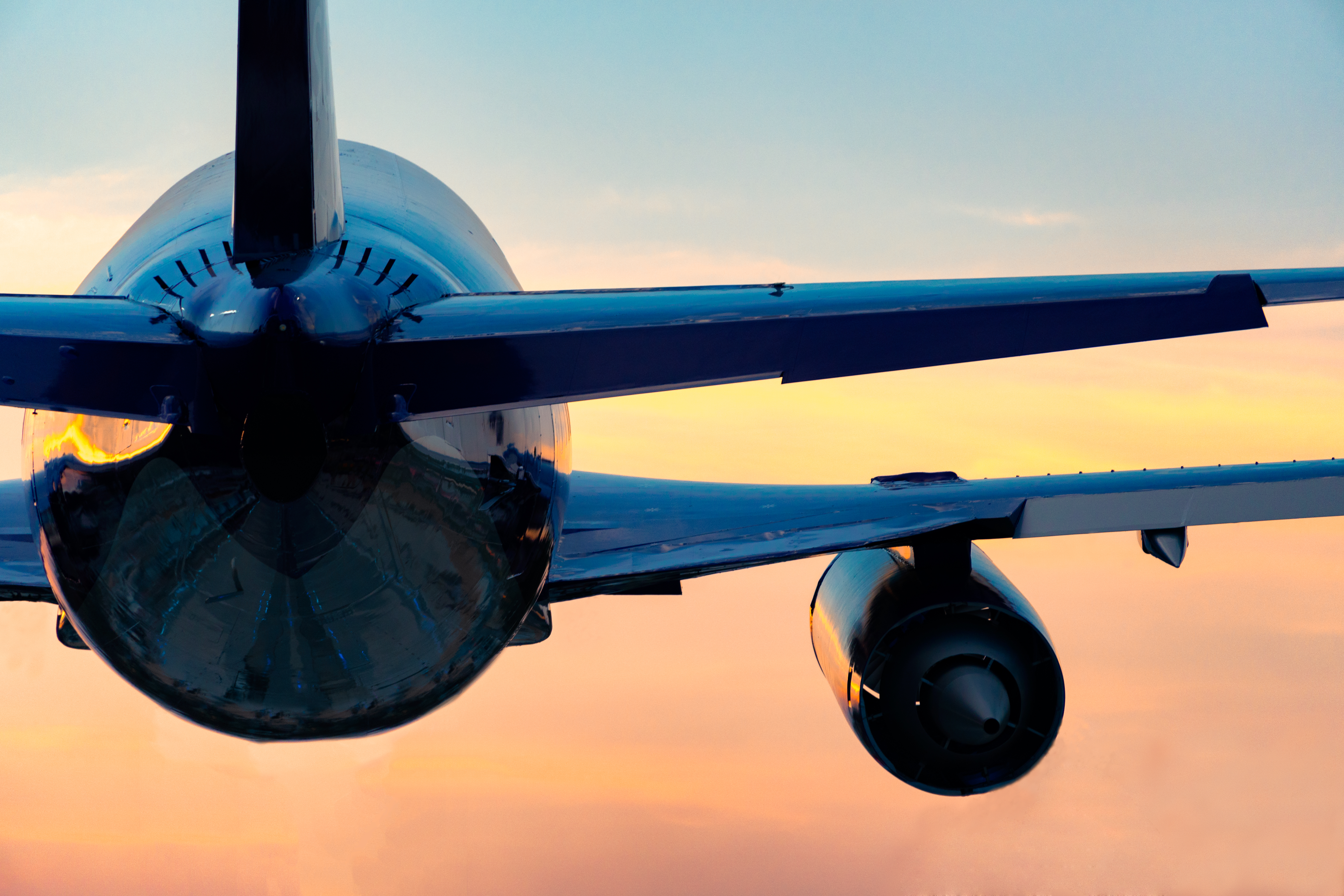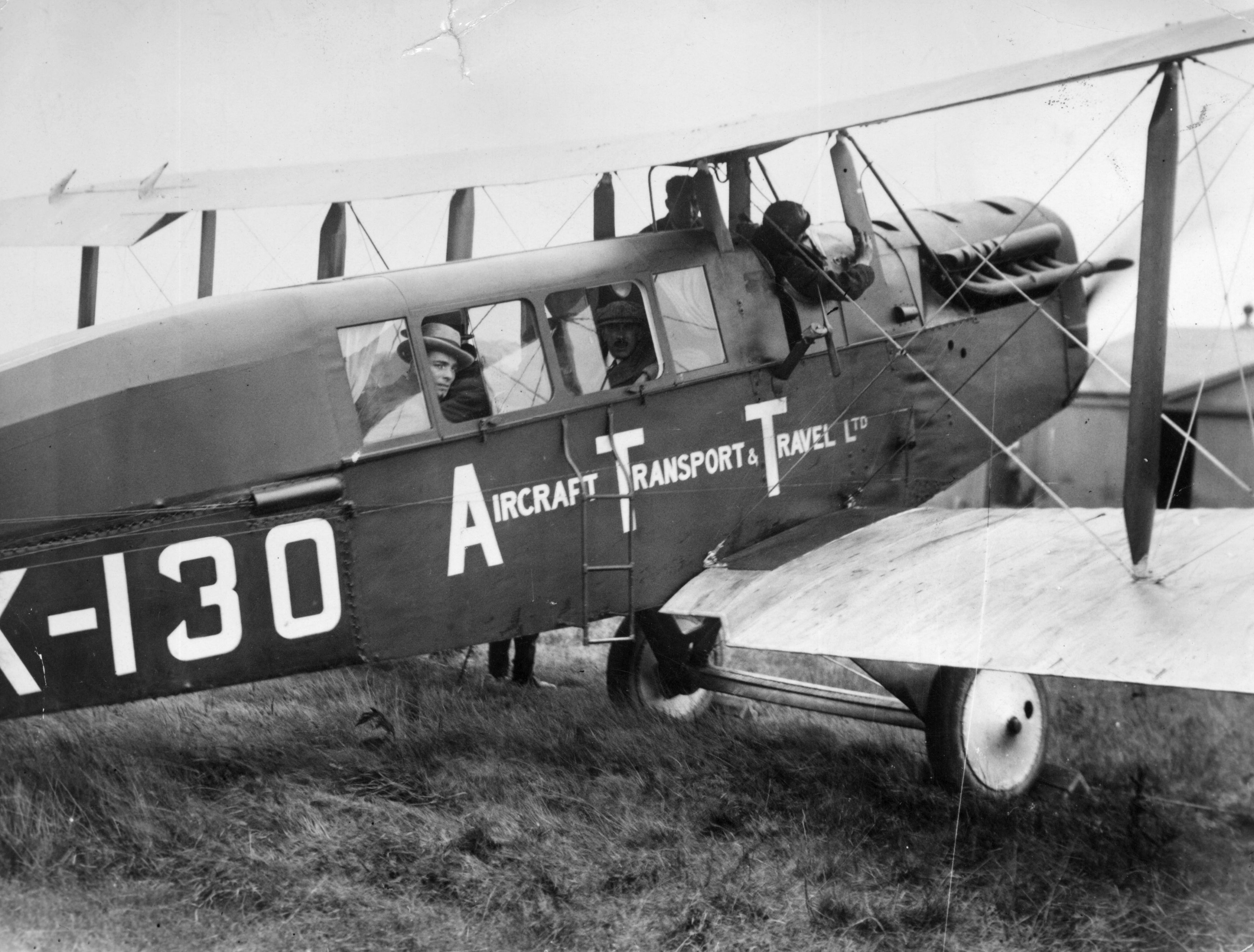Airlines under fire for 'tankering', as planes burn tonnes of extra fuel in order to save a few pounds
A BBC Panorama programme has unveiled a widespread practice where airlines load their aeroplanes with extra fuel to avoid having to refill at more expensive airport—thus producing more emissions than necessary to operate each flight.


The aviation industry is the subject of a BBC Panorama investigation into 'tankering', a widespread practice where airlines load their aeroplanes with extra fuel to avoid having to refill at more expensive airports.
Fuel accounts for up to a quarter of carriers’ operating expenses, and with prices varying wildly from airport to airport, companies have a significant incentive to stock up where it’s cheaper and just carry the extra load.
According to a paper published last June by air traffic control body Eurocontrol, the practice saves an estimated £229 million a year within Europe alone. So it’s hardly surprising to discover that the practice, called full tankering, ‘is performed on 15% of flights, and partial tankering performed on a further 15% of flights,’ according to Eurocontrol.
However, all this comes at a high environmental cost. Extra fuel means extra weight, meaning that the planes don't fly as efficiently and thereby produce more greenhouse-gas emissions than would be necessary for each flight to operate.
Within Europe, for example, fuel-tankering generates an extra 901,000 tonnes of carbon dioxide emissions — according to the paper that's the same as an extra 2,800 Paris to New York round-trips, or the annual emissions of a European city of 100,000 inhabitants.
British Airways is among the airlines named in the BBC investigation, and is reviewing its policy accordingly as the cost savings involved sometimes seem incredibly small. According to The Guardian, citing 'documents seen by the BBC', one of the national airline's recent flights to Italy, 'took on board nearly three tonnes of extra fuel: a cost saving of just £40 but which meant an additional 600kg of CO2 was emitted.'
Eurocontrol's paper concludes that ‘at a time when aviation is challenged for its contribution to climate change, a practice, such as fuel tankering, that generates significant additional CO2 emissions is questionable' — particularly because other solutions are at hand for companies to keep their fuel cost under control while avoiding generating unnecessary emissions, including using tools such as fuel hedging or increasing the cost of carbon allowances.
Exquisite houses, the beauty of Nature, and how to get the most from your life, straight to your inbox.
'Clearly, the financial savings incentivise us to do tankering. But maybe that’s the wrong thing to do' — Willie Walsh, CEO of British Aiways' parent company IAG
Friends of the Earth climate campaigner Jenny Bates chooses stronger words to indict the practice. 'With communities around the world struggling with the impacts of the extreme weather that’s battering the planet, it’s completely unacceptable for the aviation industry to create even more climate-wrecking emissions. Aviation must be made to play its part in tackling the climate emergency – including halting the damaging practice of fuel tankering.'
'The next government should halt airport expansion and introduce measures to reduce the number of flights. This should include a frequent flyers levy – aimed at curbing multiple flights taken by a minority of people each year.'
Since Panorama aired, British Airways, which, earlier this year, had pledged to become carbon-neutral by 2050 and announced plans to offset all emissions generated by its UK flights from 2020, has publicly declared it will review fuel tankering. The company is by no means the only one to engage in the practice — BBC Panorama has seen evidence that other airlines, such as EasyJet, do the same — but it's the first carrier to say that it will reconsider it.
According to The Guardian, Willie Walsh, the chief executive of BA’s parent company IAG, said the airline was questioning ‘whether this is sustainable, and whether we should be pricing in the environmental impact of that. Clearly, the financial savings incentivise us to do tankering. But maybe that’s the wrong thing to do.’

100 years of British Airways, from a converted bomber transporting grouse to afternoon tea at 35,000ft
Britain's national carrier celebrates its 100th birthday on 25 August, 20019. Isobel Green picks out a few of the companies
Carla must be the only Italian that finds the English weather more congenial than her native country’s sunshine. An antique herself, she became Country Life’s Arts & Antiques editor in 2023 having previously covered, as a freelance journalist, heritage, conservation, history and property stories, for which she won a couple of awards. Her musical taste has never evolved past Puccini and she spends most of her time immersed in any century before the 20th.
